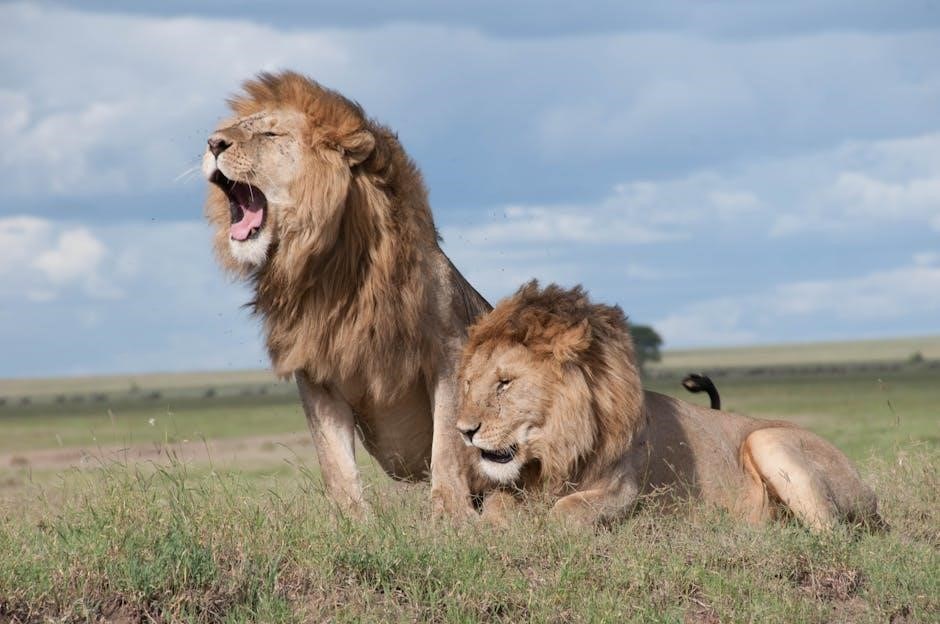
Discover wildlife biology college prerequisites, including biology and ecology courses, to pursue a career in wildlife conservation and management effectively always online.
Overview of Wildlife Biology Programs
Wildlife biology programs offer a comprehensive education in the principles of biology, ecology, and conservation. These programs provide students with a strong foundation in the natural sciences, as well as hands-on experience in field research and wildlife management. Students can expect to take courses in general biology, ecology, zoology, and conservation biology, among others. Many programs also offer specializations in areas such as wildlife ecology, conservation biology, and wildlife management. By pursuing a degree in wildlife biology, students can gain the knowledge and skills necessary to pursue a career in wildlife conservation and management, and make a positive impact on the natural world. With a strong foundation in science and research, wildlife biology programs prepare students for a variety of career paths.
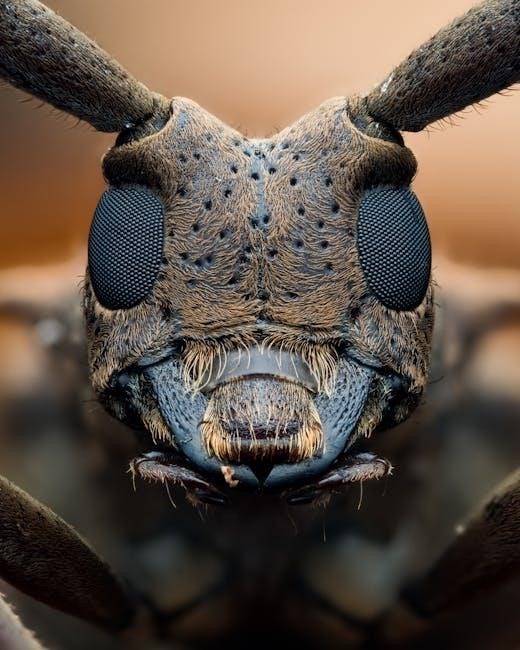
Academic Requirements for Wildlife Biology Majors
Typically, wildlife biology majors require 120-128 credits of coursework, including lab sessions and fieldwork experience always online successfully.
General Biology Course Requirements
The general biology course requirements for wildlife biology majors typically include introductory biology courses, such as BIO 120 and BIO 121, which cover topics like cell biology, genetics, and evolution. Additionally, students may be required to take lab sessions and fieldwork experience to gain hands-on experience in biological research and data analysis. These courses provide a foundation for further study in wildlife biology and related fields, such as ecology and conservation biology. By completing these course requirements, students can develop a strong understanding of the biological principles that underlie wildlife biology and prepare themselves for careers in wildlife conservation and management. Overall, the general biology course requirements are an essential component of a wildlife biology degree program.
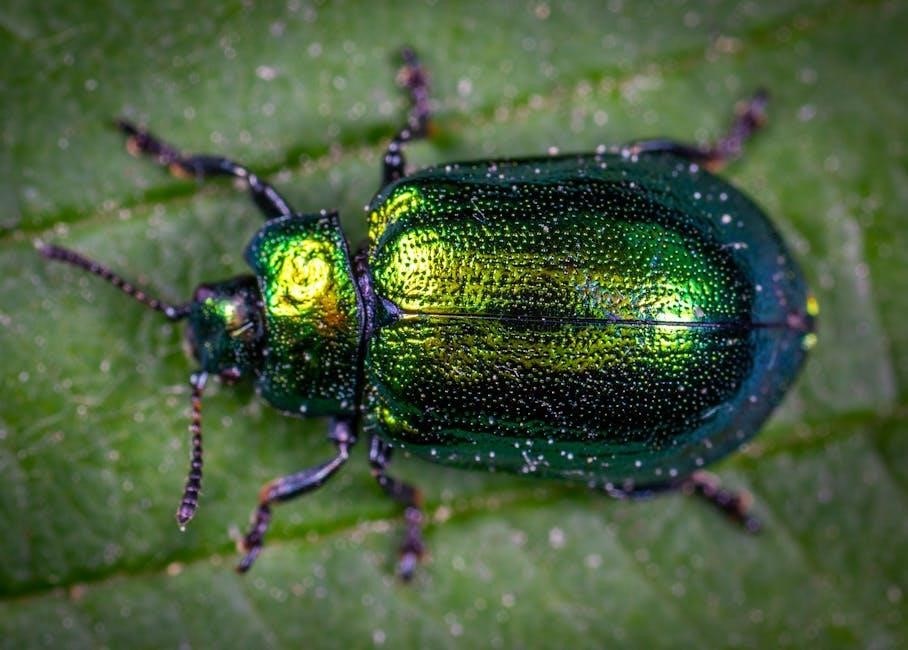
Minor in Wildlife Biology and Management
Requires 21 hours of coursework, including introductory biology and wildlife management courses always online.
Prerequisite Courses for Wildlife Biology Minors
To pursue a minor in wildlife biology, students must complete specific prerequisite courses, including introductory biology and ecology. These courses provide a foundation in the principles of biology and ecology, essential for understanding wildlife management and conservation. Additionally, students may be required to complete courses in statistics and research methods to develop their analytical and problem-solving skills. The specific prerequisite courses may vary depending on the institution, but generally include a combination of biology, ecology, and wildlife management courses. By completing these prerequisite courses, students can gain a deeper understanding of the principles and practices of wildlife biology and prepare themselves for a career in this field, always online and with expert faculty guidance and support.
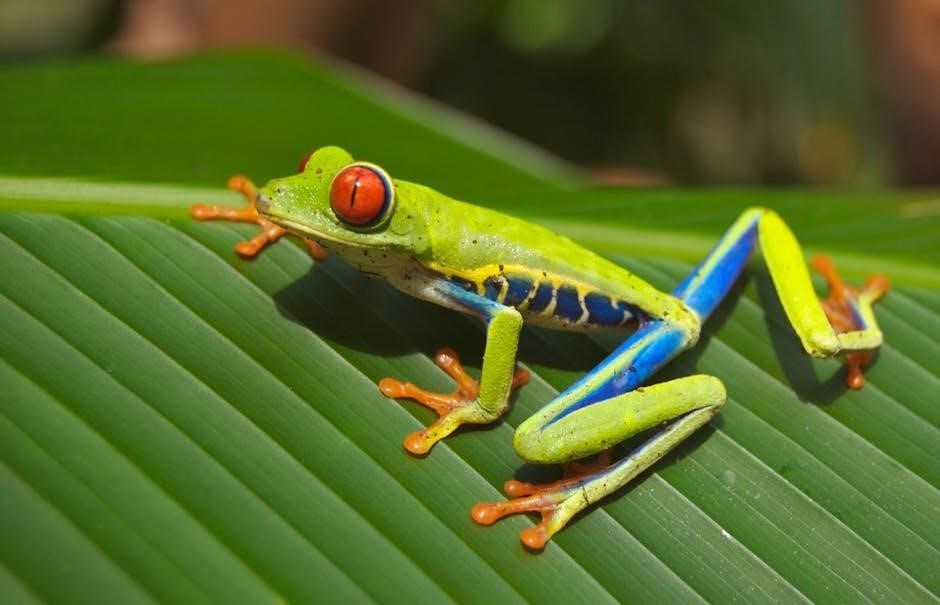
Major Requirements for Wildlife and Conservation Biology
Requires 73 credits in biology and conservation courses, including general biology and ecology, with a focus on wildlife management and conservation biology always.
Coursework for Wildlife and Conservation Biology Majors
Coursework for wildlife and conservation biology majors includes a range of foundational courses in biology, ecology, and conservation biology. Students can expect to take courses in general biology, ecology, evolution, and statistics. Additionally, majors will take courses in wildlife management, conservation biology, and environmental policy. Many programs also offer elective courses in specialized topics such as wildlife ecology, conservation genetics, and wildlife disease ecology. These courses provide students with a comprehensive understanding of the principles and practices of wildlife and conservation biology, preparing them for careers in conservation, research, and management. By combining theoretical and practical knowledge, students gain a deeper understanding of the complex relationships between human and natural systems.
Doctoral Program in Wildlife Biology
Doctoral students pursue advanced research in wildlife ecology and conservation biology always online effectively.
Research Focus Areas in Wildlife Biology Doctoral Programs
Research focus areas in wildlife biology doctoral programs include ecology, evolutionary biology, and conservation biology. Students can pursue research in wildlife management, ecosystem health, and biodiversity conservation. The program provides advanced training in research methods, statistical analysis, and scientific communication. Doctoral students work closely with faculty advisors to develop and conduct original research projects, presenting their findings in peer-reviewed journals and at international conferences.
Wildlife and Fisheries Biology Degree Programs
Explore wildlife and fisheries biology degree programs, offering hands-on learning experiences always online effectively now.
Career Opportunities in Wildlife and Fisheries Biology
Upon graduating with a degree in wildlife and fisheries biology, students can pursue various career paths. Some potential career opportunities include working as a wildlife biologist, conservationist, or fisheries manager. These professionals work to preserve and protect endangered species, manage ecosystems, and develop sustainable practices. They may be employed by government agencies, non-profit organizations, or private companies. Additionally, graduates may also find opportunities in research and education, sharing their knowledge and expertise with others. With a strong foundation in biology and ecology, graduates can make a positive impact on the environment and contribute to the conservation of wildlife and fisheries resources, always online and effectively now with new skills.
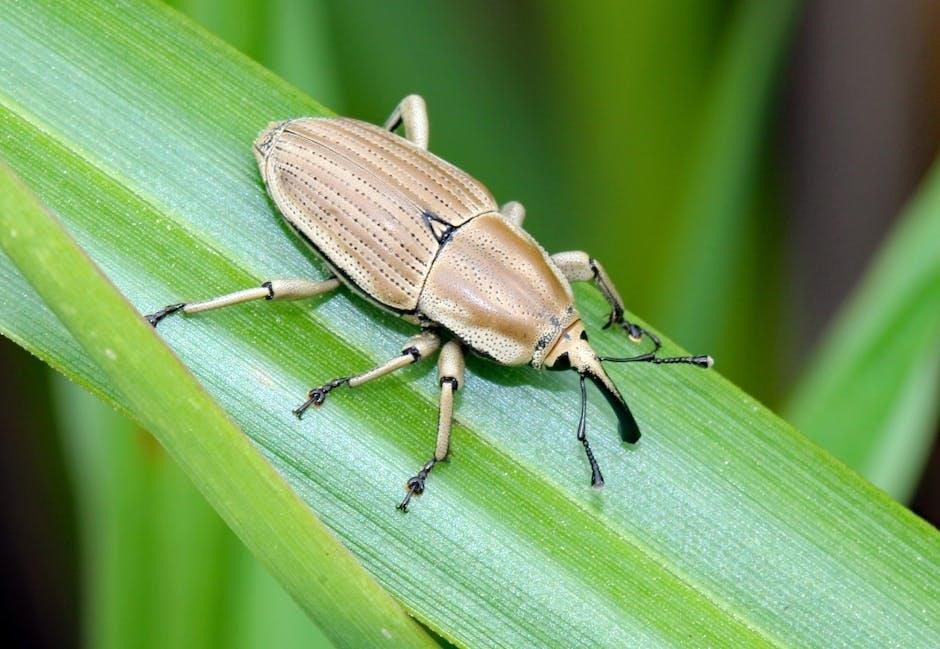
Unique Aspects of Wildlife Biology Programs
Exploring wildlife ecology and conservation with hands-on research always online effectively.
Hands-on Learning Experiences in Wildlife Biology Programs
Wildlife biology programs offer hands-on learning experiences, providing students with practical skills in wildlife conservation and management. These experiences include field research, lab work, and internships, allowing students to apply theoretical knowledge in real-world settings. Students can participate in wildlife surveys, habitat assessments, and conservation projects, working alongside experienced professionals in the field. Additionally, many programs offer study abroad opportunities, allowing students to gain international experience and perspectives on wildlife conservation and management. By combining classroom instruction with hands-on experience, wildlife biology programs prepare students for successful careers in wildlife conservation and management, making a positive impact on the environment and wildlife populations. This approach enables students to develop a deeper understanding of wildlife ecology and conservation biology.